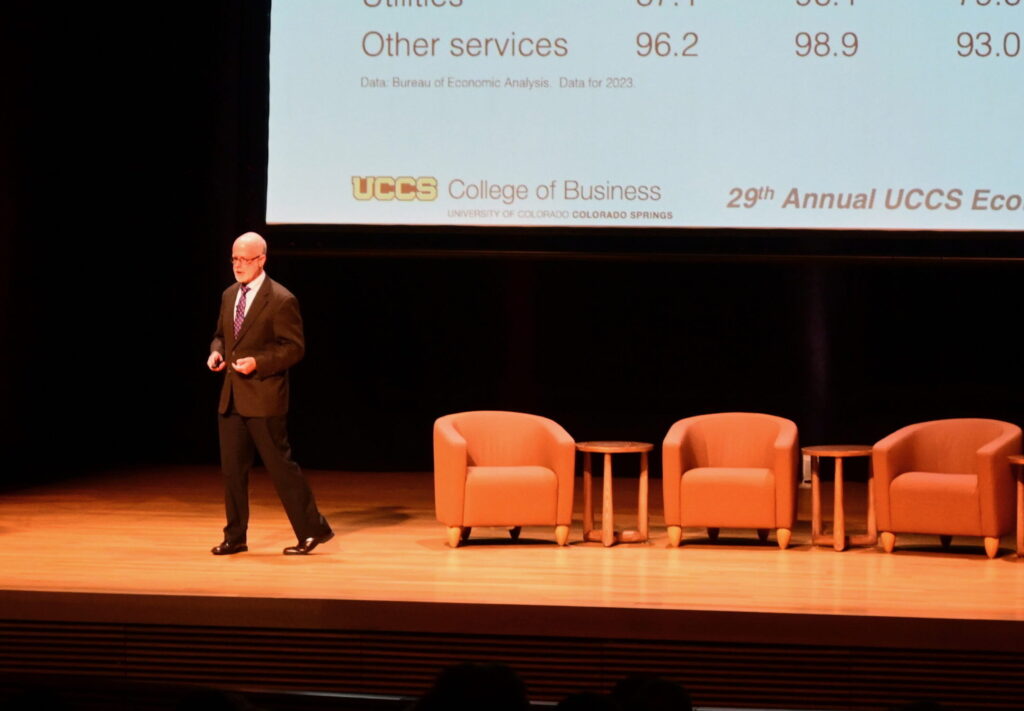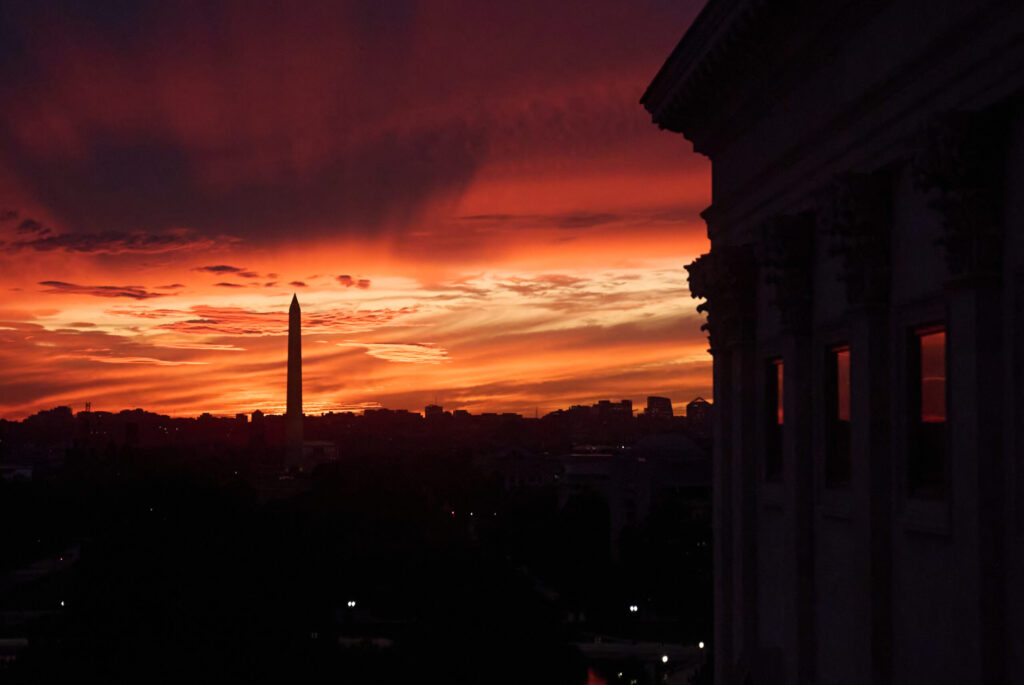Denver metro apartment rents fell $70, largest recorded drop ‘ever’ for region
Good news, renters.
The cost of renting an apartment in the Denver metro area fell during the last quarter of 2024 and may be the largest price drop for the region “ever,” according to the Apartment Association of Metro Denver.
The average rent of an apartment in the fourth quarter was nearly $1,850 — about $70 less than the third quarter and 1.5% less than the same period in 2023.
While the winter season is typically the slowest time of the year, it was the “softest quarter I’ve seen in the 20 years I’ve been doing this,” said Apartment Insights researcher Cary Bruteig.
The last biggest price drop for the Denver metro area occurred in 2022, when rents decreased by $32 a month in the fourth quarter and $30 in the second quarter of 2020.
The price drop is a welcome relief for renters who are struggling with Colorado’s high cost of living.
For apartment owners, however, vacancies climbed as developers delivered some 20,000 units last year, leading to more competition, which means dropping prices to attract renters.
Rents are still as high as 2022 after the price surge during the pandemic. But for someone who leased an apartment for 12 months at the end of 2024, rather than the third quarter, the price drop could total more than $800 in savings by the end of their lease.
Rents fell across the region in 31 out of 33 submarkets, according to the association’s end-of-year report released Thursday.
The highest rents were seen in Douglas County at an average of $2,013. The lowest were in Adams County at $1,705. Denver’s average was $1,867, though it had the highest rent per square foot at $2.26.
The largest decreases for apartment costs were seen in parts of Aurora, Westminster and Downtown Denver, where prices fell by more than $100 a month, according to the association.
These were also areas that saw larger deliveries of new apartments.
Even though it was a quarterly drop in prices, more often seen in the winter time, the report found it’s the third time in recent Denver history when prices dropped annually.
The last two times were after the 9/11 terror attacks coinciding with the dotcom bubble bursting in the early 2000s, and the 2008 housing bubble.
But rents dropping are not coinciding with a recession this time, said Mark Williams, executive vice president of the Apartment Association of Metro Denver.
“Both of those situations had massive job losses,” Williams said. “This is the first time we’ve seen negative rent growth in a year because, more so, about inventory.”
Rising vacancies led to lower rents
Apartment complexes have become increasingly emptier, as vacancies surged to nearly 7%, hitting the highest level seen in years, according to the association.
“When an apartment community starts going much above 6% vacancy, they start reacting by lowering rents,” Bruteig said.
Rents have barely budged over the last 18 months, as a surge of new apartments came onto the market to help keep prices down; experts have noted Denver’s rents have been technically declining for a while due to it being well below the region’s 2% inflation rate.
Denver delivered nearly 20,000 new apartment units in 2024.
For the most of 2024, demand for apartments kept up with the construction boom, keeping vacancies around 5%.
But then demand for them slowed at the end of 2024. Absorption of apartments was fairly strong until the last quarter when it turned negative, meaning more people left apartments than moved in.
Metro Denver area rents are the most stable in decades — but this good news might be a ‘red flag’
Rents have stayed high because of the strong absorption — but like the famous saying from hit T.V. show “Game of Thrones:” “Winter is coming.”
Bruteig said this was inevitable.
“Winter arrived, because finally we got the big surge in the number of completed units,” Bruteig said.
Absorption was about negative 4,800 units in the fourth quarter, though it didn’t diminish the total 14,000 units absorbed throughout the entire year. Still, the negative absorption amounted to about 5,800 new apartment units added this year left sitting on the market.
Vacancies slipped at the end of 2024, rising in all 33 submarkets that the apartment association tracks. The Denver Northeast neighborhood had the highest vacancy rate of 9.3%. Boulder South had the lowest at 4.7%.
"The market really reacted pretty evenly and pretty quickly to the over building," Bruteig explained.
Denver recently joined Austin and San Antonio as the only three metro areas in the U.S. where rent prices fell in the last year, according to a Zillow report released Wednesday.
The report said more cities across the nation are expected to see rent declines as the construction boom is a nationwide trend.
Metro Denver’s apartment construction boom is peaking
Renters have more opportunities to find good deals on apartments now as the surge of new deliveries is expected to continue into 2025. And if vacancies stay where they were at the end of 2024, or go higher, Bruteig said he expects rents to keep falling.
That is — until those new apartments get filled up.
The wave is expected to wane as the number of projects in planning and construction phases have already slowed or are being pulled due to higher interest rates and new regulations requiring affordable housing making it difficult for developers to get financing.
"2025 will still deliver a lot of new units, but the spigot pretty much gets turned off in the next, I don't know, 18 to 24 months," Williams said. "And that's going to be bad news for renters and bad news for the market."












